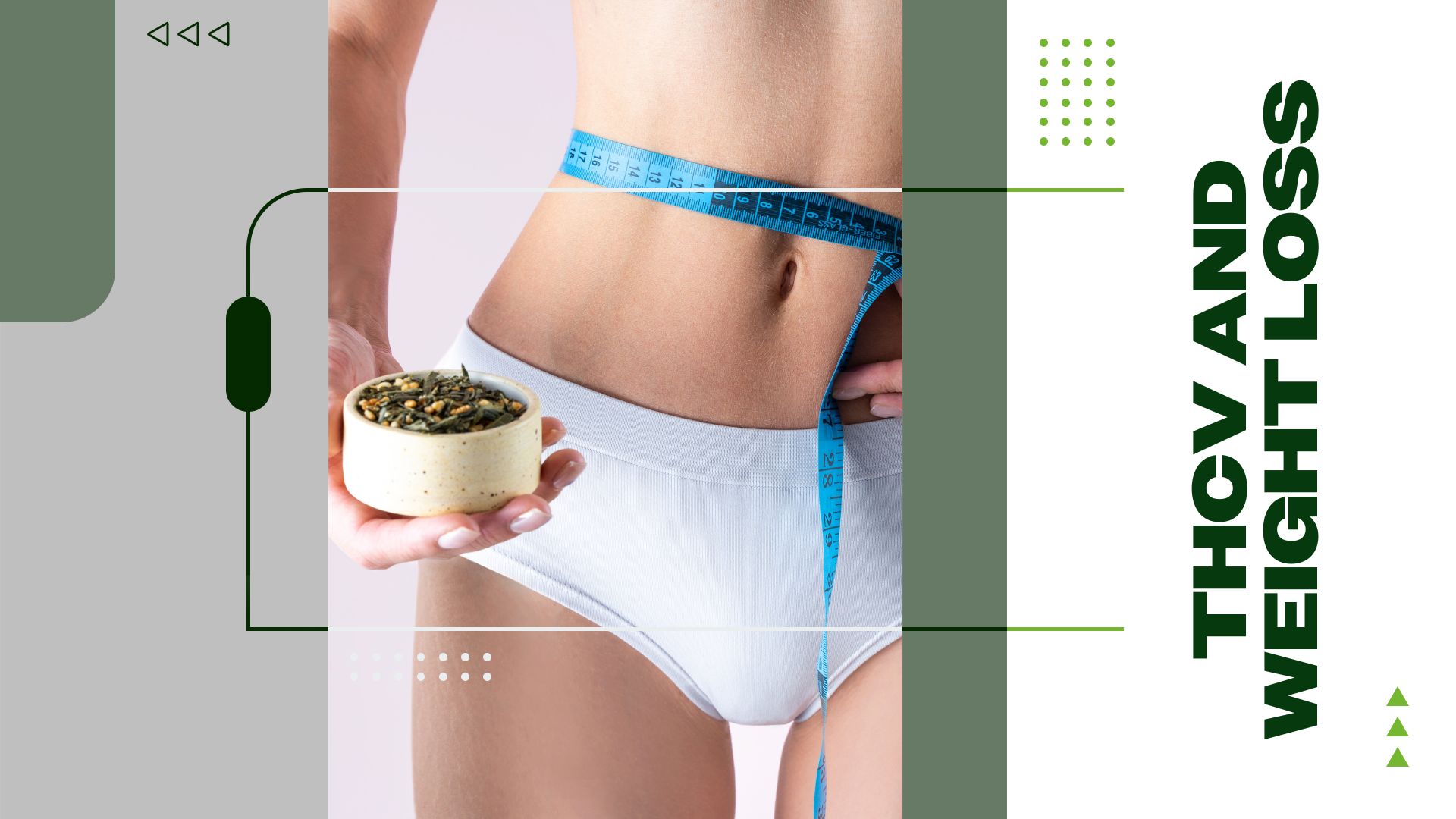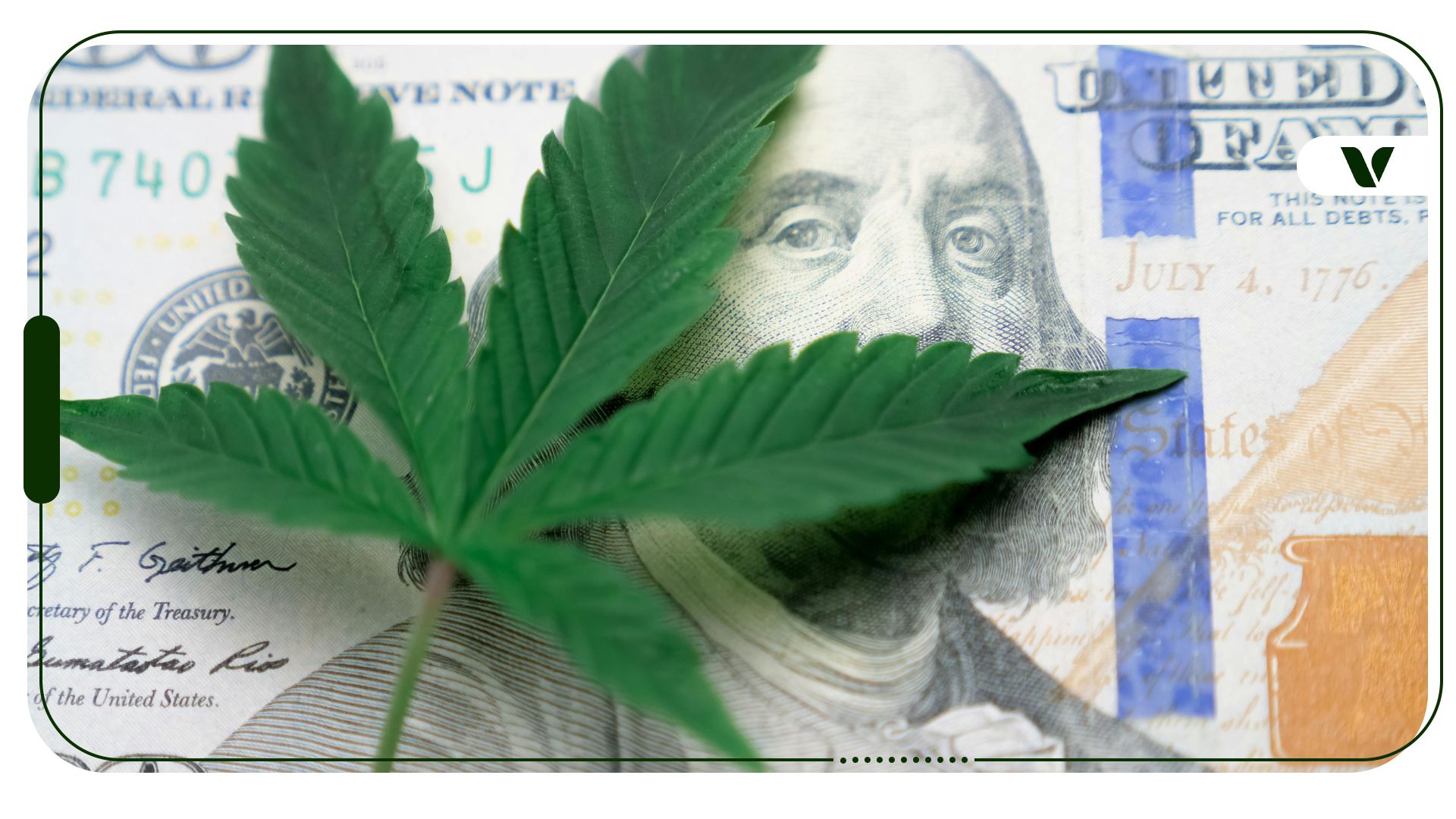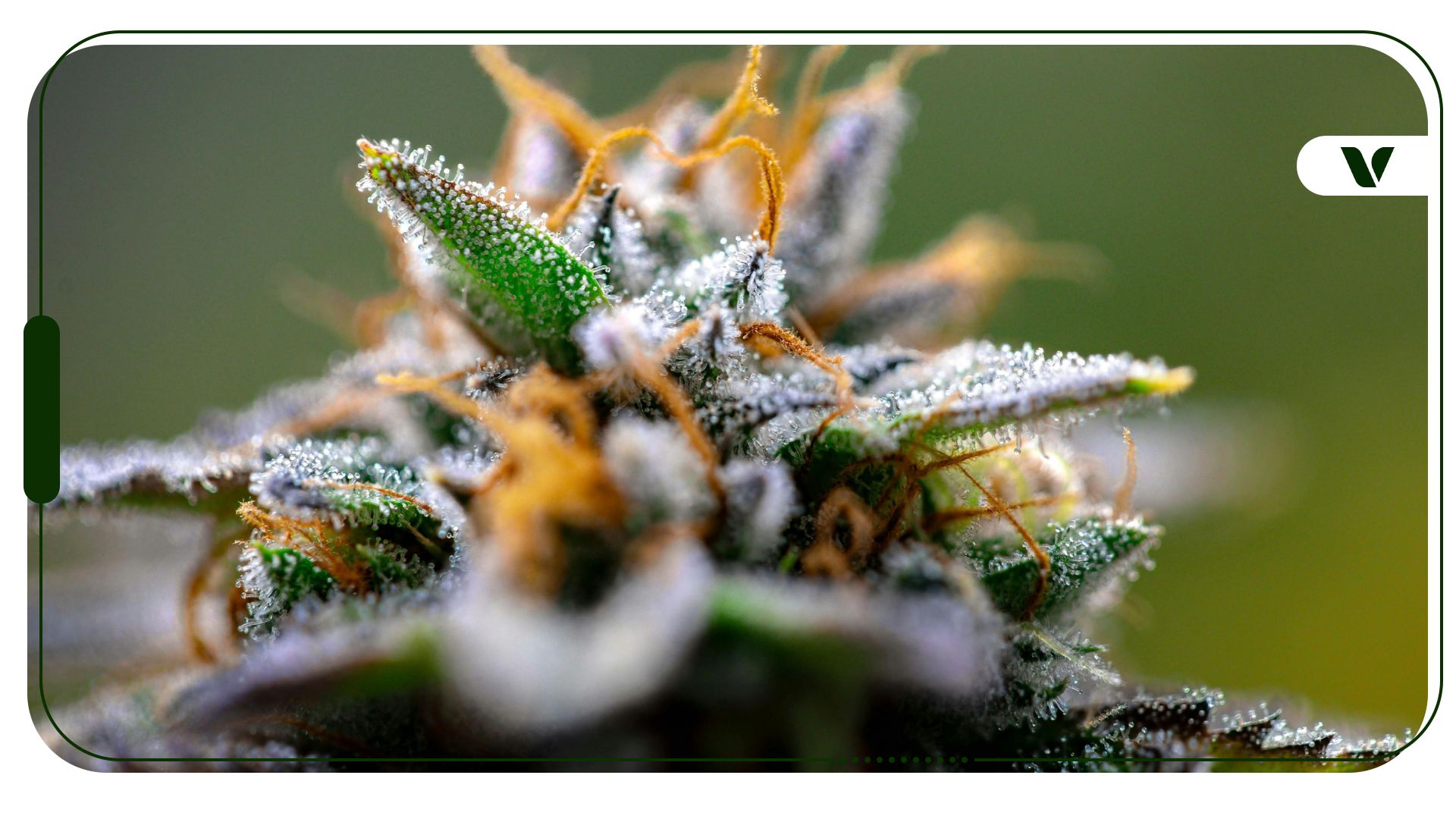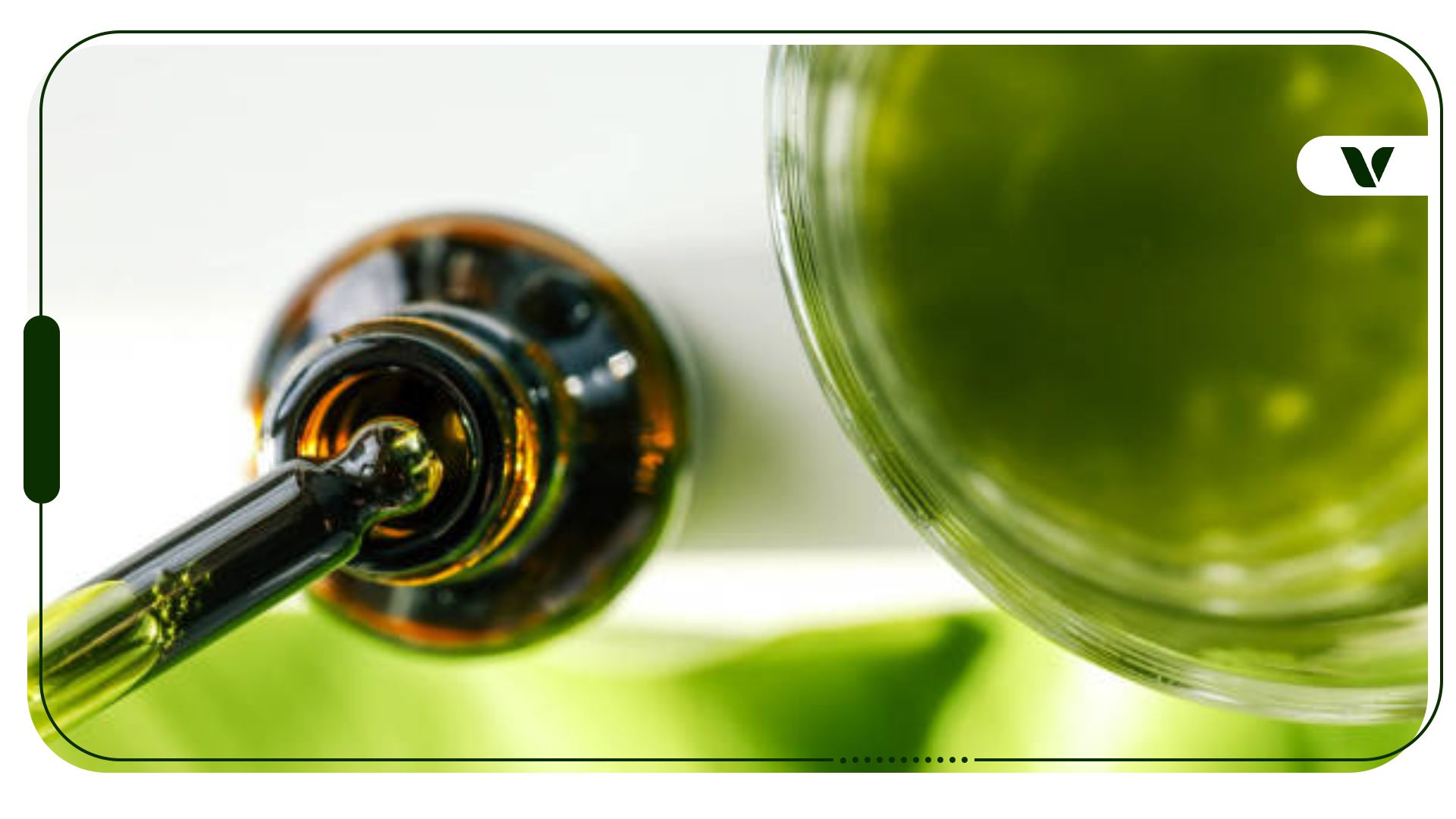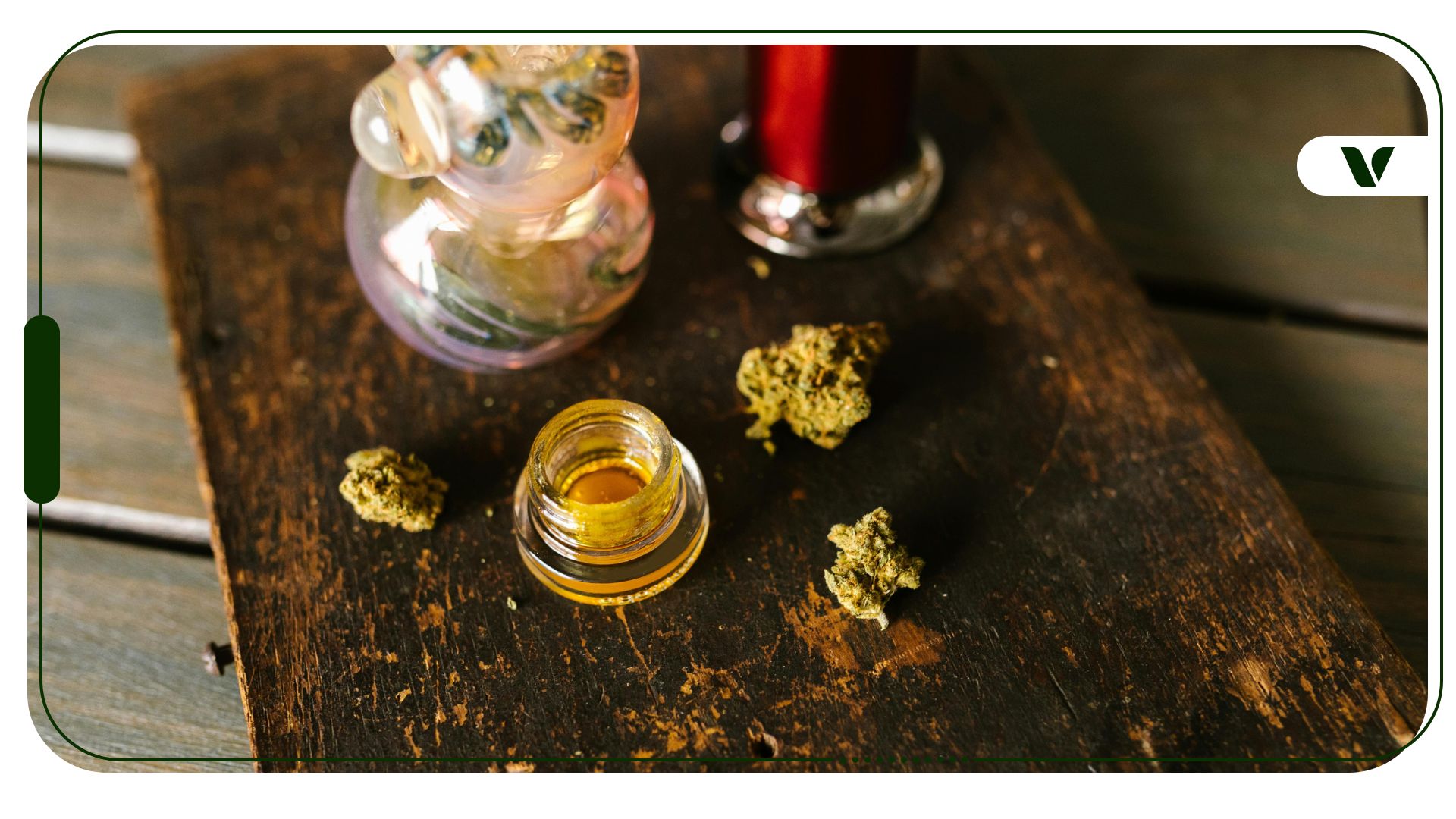1. Abioye, A., Ayodele, O., Marinkovic, A. et al. Δ9-Tetrahydrocannabivarin (THCV): a commentary on potential therapeutic benefit for the management of obesity and diabetes. J Cannabis Res 2, 6 (2020).https://jcannabisresearch.biomedcentral.com/articles/10.1186/s42238-020-0016-7
2. Cascio, M. G., Zamberletti, E., Marini, P., Parolaro, D., & Pertwee, R. G. (2015). The phytocannabinoid, Δ⁹-tetrahydrocannabivarin, can act through 5-HT₁A receptors to produce antipsychotic effects. British journal of pharmacology, 172(5), 1305–1318. https://www.ncbi.nlm.nih.gov/pmc/articles/PMC4337703/
3. Englund, A., Atakan, Z., Kralj, A., Tunstall, N., Murray, R., & Morrison, P. (2015). The effect of five day dosing with THCV on THC-induced cognitive, psychological and physiological effects in healthy male human volunteers: A placebo-controlled, double-blind, crossover pilot trial. Journal of Psychopharmacology, 30(2), 140–151. https://journals.sagepub.com/doi/abs/10.1177/0269881115615104
4. Idris, A. I., & Ralston, S. H. (2012). Role of cannabinoids in the regulation of bone remodeling. Frontiers in endocrinology, 3, 136. https://www.ncbi.nlm.nih.gov/pmc/articles/PMC3499879/
5. Jadoon, K. A., Ratcliffe, S. H., Barrett, D. A., Thomas, E. L., Stott, C., Bell, J. D., O’Sullivan, S. E., & Tan, G. D. (2016). Efficacy and safety of Cannabidiol and Tetrahydrocannabivarin on glycemic and lipid parameters in patients with type 2 diabetes: A randomized, double-blind, placebo-controlled, Parallel Group Pilot Study. Diabetes Care, 39(10), 1777–1786. https://care.diabetesjournals.org/content/39/10/1777.long
6. Salami, S. A., Martinelli, F., Giovino, A., Bachari, A., Arad, N., & Mantri, N. (2020). It Is Our Turn to Get Cannabis High: Put Cannabinoids in Food and Health Baskets. Molecules (Basel, Switzerland), 25(18), 4036. https://www.ncbi.nlm.nih.gov/pmc/articles/PMC7571138/



